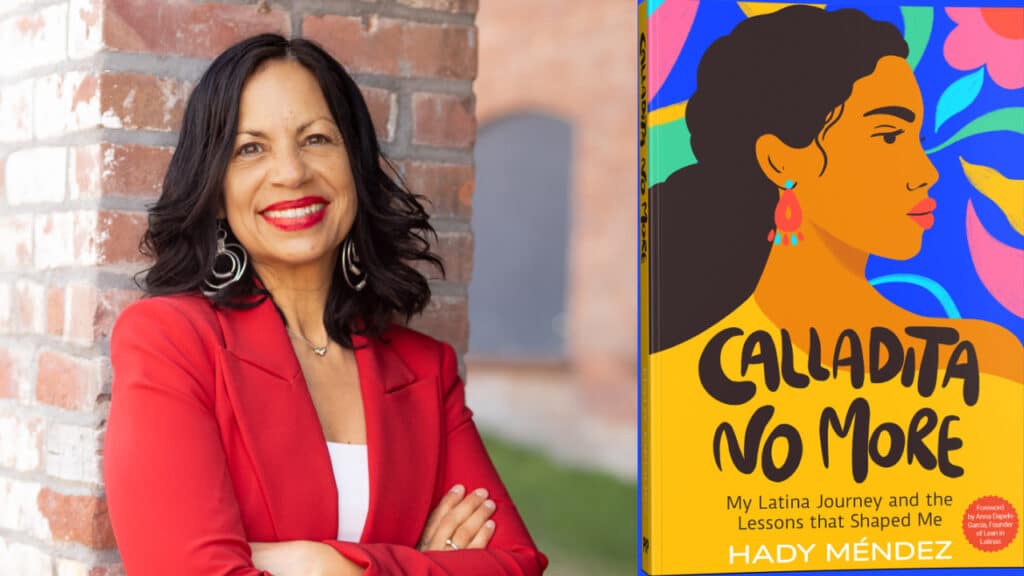
Think Gen Z Can’t Handle Money? Gen Z Latinos Are Proving Everyone Wrong
If you’re looking for proof that Gen Z Latinos are a financial force to be reckoned with, just take a peek at their wallets. This generation is rethinking what it means to be financially healthy and rewriting the rules altogether. And, yes, we have the receipts.
According to Bank of America’s 2024 Gen Z Report, Gen Z Latinos (ages 18-27) are nearly twice as likely as their peers to reprioritize their finances or set up a budget. Talk about leveling up in the adulting game!
This generational shift comes even as they face some significant barriers.
Let’s be real: rising costs of living and limited income can make financial stability feel like a moving target. Yet, despite these challenges, Gen Z Latinos are hyper-focused on mastering the financial skills that matter. They’re building their credit, learning to save, and even thinking long-term with plans for homeownership.
In short, they’re getting serious about making their money work for them.
“Over a third (38%) say that they feel behind on their financial goals compared to where their parents were at their age. And nearly half (45%) still rely on financial help from their families,” Raquel González, President of Bank of America Silicon Valley, told FIERCE. “Anecdotally, this is a major shift from the way Gen X and Baby Boomers financially experienced their 20s.”
Breaking Down the Data: Gen Z Latinos Focus on Financial Health
The numbers paint a pretty clear picture. Nearly 64% of Gen Z Latinos report they’ve mastered essential financial skills, like managing day-to-day expenses. And 59% feel confident about building credit. These stats don’t just happen by accident—they’re the result of an intentional shift in priorities.
“This generation of Hispanic-Latino Americans are serious about their financial health and making smart financial decisions to combat the high cost of living,” González explained. A staggering 26% of Hispanic-Latino Gen Z have already reprioritized their finances to stay afloat—compared to just 14% of their peers.
And they’re not just saying it—they’re living it.
Overcoming Barriers with Smart Strategies
So, what’s the game plan? It all starts with a solid budget. The 50-30-20 rule is a popular framework. It suggests that 50% of monthly income should go to needs (like rent and groceries), 30% to wants, and 20% directly to savings. It’s all about getting intentional and making sure every dollar has a job.
But before thinking about any long-term financial milestones, the first priority is building an emergency fund. “A good rule of thumb is that an emergency fund should be enough to cover three-to-six months of living expenses,” González shared. “Right now, over two-thirds (68%) of Hispanic-Latino Gen Z don’t have this much in emergency savings—which means an unexpected cost could potentially wipe them financially.”
Given that reality, González advises Gen Z Latinos to start small: “Set aside a small amount each month to build your fund. Having that money set aside for safekeeping can bring peace of mind and create a financial safety net.”
Once that emergency fund is solid, it’s time to consider longer-term goals. González recommends shifting what was being put into the emergency fund into other savings vehicles, like a 401(K). “It’s important for Hispanic-Latino Gen Z to remember that when they start saving early for long-term goals like homebuying or retirement, they can watch their money grow over time.”
Gen Z Latinos Are Building Habits for Long-Term Success
If there’s one thing Gen Z Latinos understand, it’s that financial health is more than just numbers on a spreadsheet. It’s about building habits that lead to long-term stability. And they’re getting creative in their approach.
Many are leveraging digital tools to track their spending and automate savings. “Using your phone to set up automatic transfers or track activity makes it easy to ‘pay yourself first,’” González suggests. “Resources like Bank of America’s Better Money Habits offer bilingual guidance on everything. From budgeting to investing, making financial advice accessible at their fingertips.”
“Hispanic-Latino Gen Z should also consider using digital tools to build healthy financial habits,” she emphasized. “One easy way to do this is to use their cell phone to track activity and set up automatic transfers to save a portion of each paycheck into a dedicated savings account.”
But it’s not just about hitting traditional financial milestones. This generation is also redefining what economic success looks like for them. They’re using the resources available to them, whether it’s family, friends, or digital tools, to pave a new path toward financial independence.
The Bigger Picture
Gen Z Latinos are not just surviving—they’re thriving. Despite the hurdles they face, they’re taking control of their financial futures in ways that their parents and grandparents could only dream of. And while there’s still work to be done to close the financial gaps, it’s clear that this generation is not waiting for the system to catch up.
“Building healthy financial habits can, over time, make even long-term goals a reality,” González explained. “For Gen Z in particular, breaking a goal down into smaller chunks makes progress more tangible, and it helps ensure they can still live life today while also working toward financial stability.”
They’re showing up, getting educated, and making moves that will have ripple effects for generations to come. So, next time you hear someone say Gen Z is bad with money, just point them to the stats—because Gen Z Latinos are here, they’re financially focused, and they’re just getting started.




